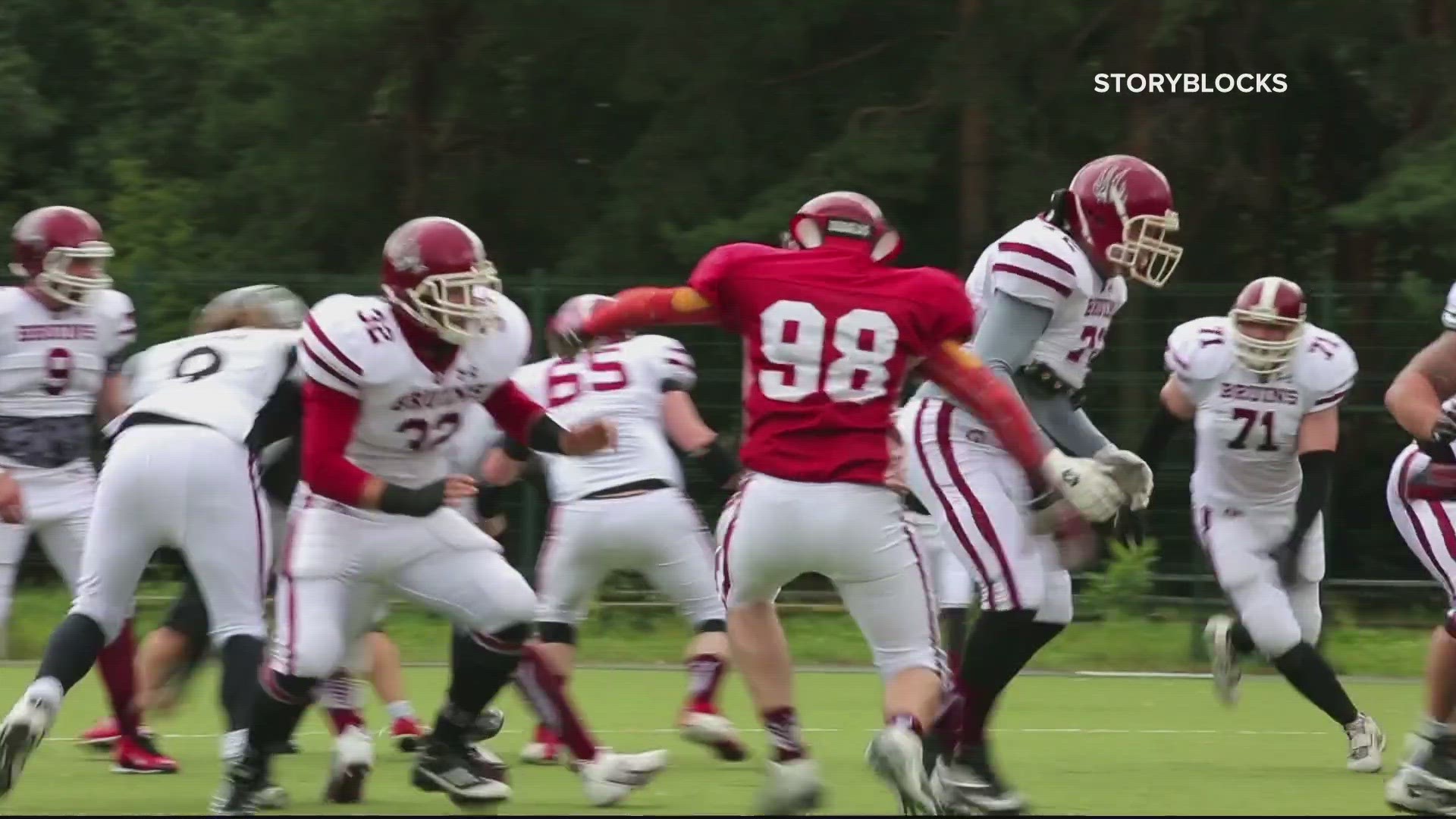VIRGINIA, USA — Athletes in high school have already signed deals to profit from endorsements and sponsorships in Virginia. Since so-called NIL (name, image, likeness) deals are already a part of high school and college sports, the organization in charge of high school sports in the Commonwealth approved guidelines to navigate the potentially confusing world of NIL.
The Virginia High School League (VHSL) approved a proposal Wednesday that is meant to provide guidance for high school athletes looking to make money through endorsement deals, autographs and being a social media influencer.
Back in January, the league's executive committee recommended NIL policy proposal by a vote of 31-0. During the committee's meeting on Wednesday, it passed a second vote with a two-thirds majority. It goes into effect on July 1.
The new NIL policy means high school athletes can profit from personal appearances, product endorsements, merchandise and apparel sales and group licensing. Athletes cannot profit from endorsing alcohol products, tobacco, or prescription drugs.
The move in Virginia follows a national trend. More states now allow high school athletes to get paid than don’t, including Maryland and D.C. After the DC State Athletic Association approved NIL deals for high schoolers last year, it sent out a four-page guide to families warning of the dangers of signing the wrong deal.
“Because you can be taken advantage of," said Kenny Owens, DCSAA Executive Director. "So it was our goal to make sure we give them the opportunity, but we also educate them, to let them know the 'do’s and don’ts' of the NIL world.”
Billy Haun, VHSL Executive Director, made it clear that passing the proposal does not allow or disallow athletes to sign NIL deals. It provides guidelines for athletes and parents.
"NIL is already here," Haun said.
Schools and teams may not use NIL opportunities to incentivize a student's enrollment at a school or membership on a team, the policy states. Also, the student may not receive compensation, endorsements or gifts of monetary value for intellectual property of the VHSL or any member school. That means students are not allowed to wear their high school's uniform while involved in NIL activities.
"The policy is about providing guidance to students and parents without violating Virginia High School League policy and without losing eligibility," Haun said.
Haun said not approving a policy would not help schools in the VHSL.
"NIL is already part of our world," Haun said. "We did not go out and reinvent the wheel."
The NCAA lifted its ban on athletes earning money for endorsement and sponsorship deals in 2021, but with no detailed and uniform rules in place. Left practically unregulated, NIL has quickly become intertwined with recruiting with millions of dollars suddenly available to athletes from well-heeled donors.
Haun said as the world of NIL changes and shifts, the policy will likely change with it.
"Having is guidance is better than having no guidance," Haun said.

